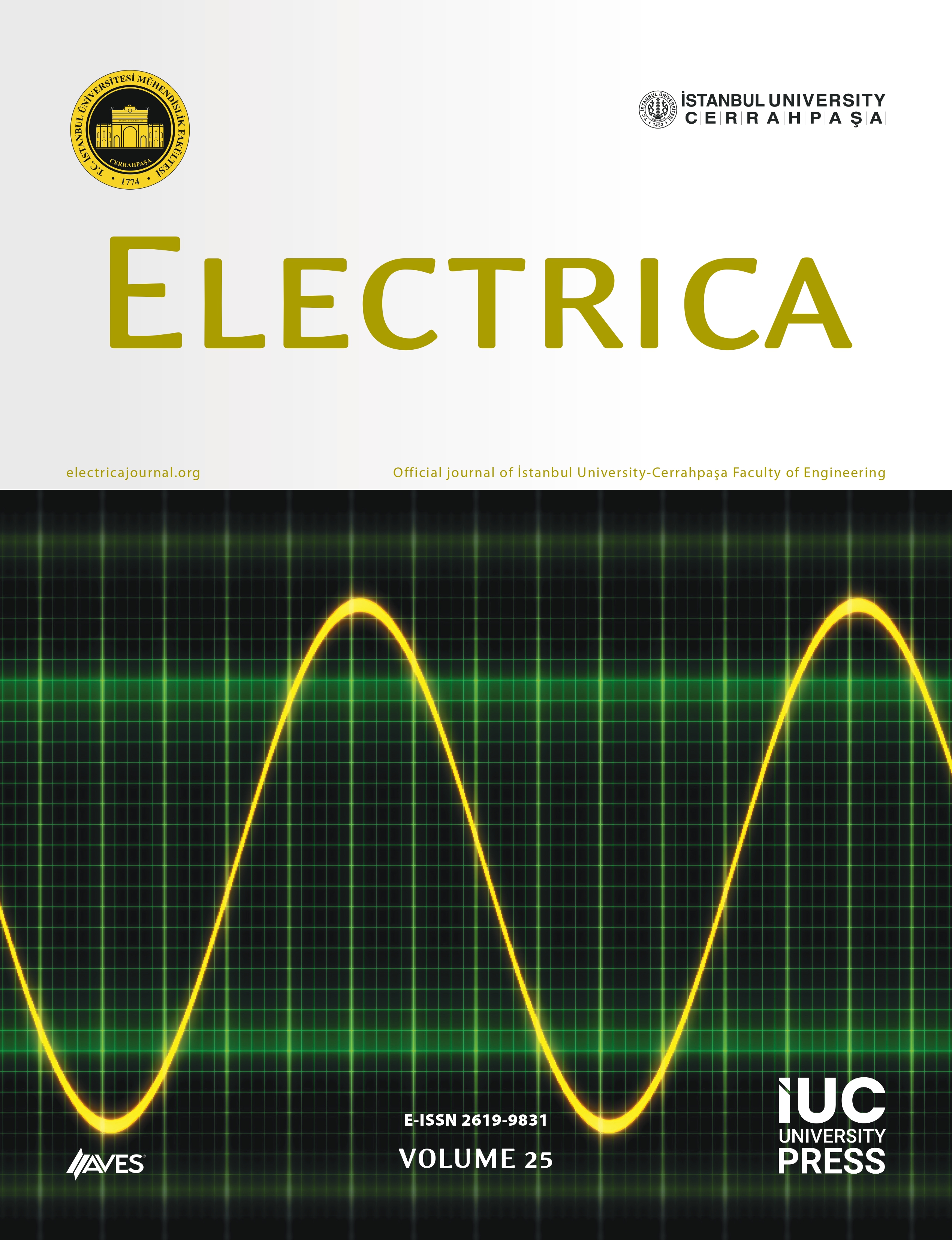Abstract: The rapid development in transportation systems has created the need to renew transportation with scientific calculation methods and techniques. In this context, the current methods used in public transit need to be improved and have the ability to provide instantaneous responses. In public transportation applications, the primary data consists of passengers transported based on a time series, and although it follows a specific pattern, this pattern can vary. This study evaluates the time series analysis methods using Long Short-Term Memory (LSTM), Autoregressive Integrated Moving Average (ARIMA), and Facebook Prophet for forecasting in public transit with a Digital Twin (DT). The DT model enables instant data delivery and analysis for time-specific events. A metro line in Istanbul city is selected to evaluate the model. The performance of the time prediction algorithms is evaluated by the Mean Absolute Percentage Error, Mean Absolute Error, and Root Mean Squared Error metrics. The results show that both algorithms have almost identical performance; however, Facebook’s Prophet is slightly better at every horizon. Long short-term memory can be used in more complex scenarios since training the network requires more resources. Autoregressive Integrated Moving Average and Facebook Prophet can be utilized for single-variable time-series prediction with short horizons.
Cite this article as: M. A. Ertürk, “Comparison of time series forecasting for intelligent transportation systems in digital twins,” Electrica, 24(2), 375-384, 2024.



.png)

.png)